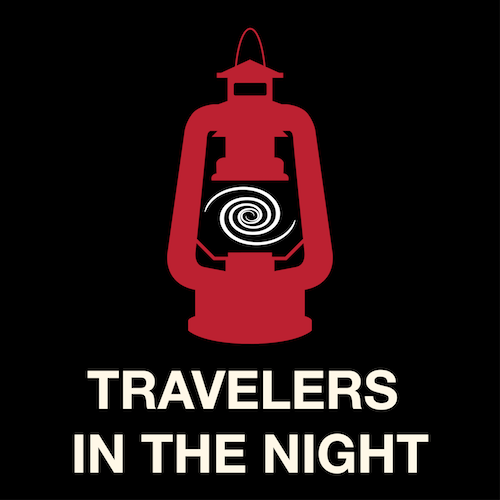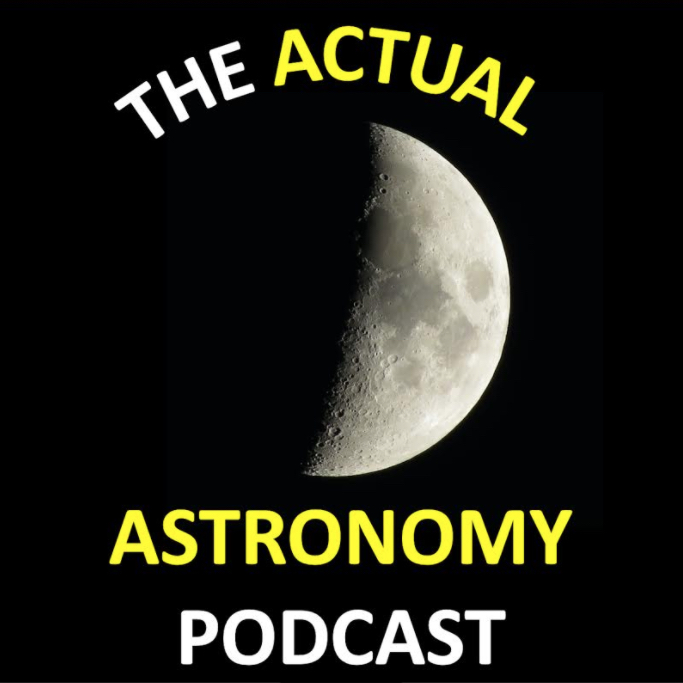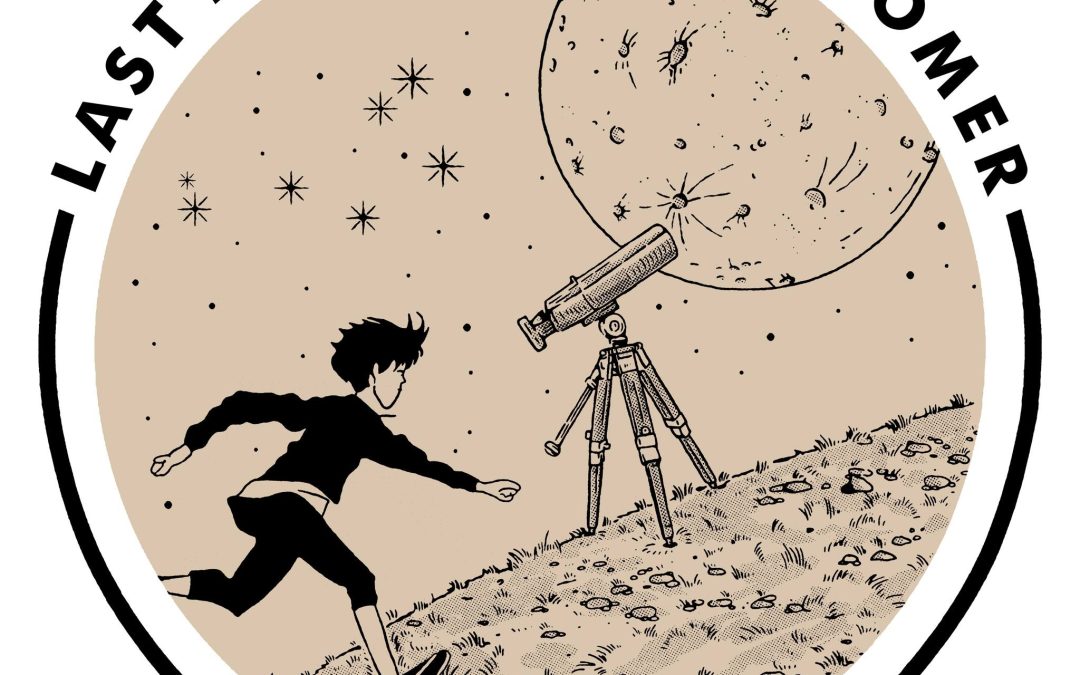We’re familiar with the weather on Earth and telescopes and missions are watching the weather on other planets in the Solar System. But for the first time in history, astronomers can now answer that question for exoplanets, located light-years away from us.









